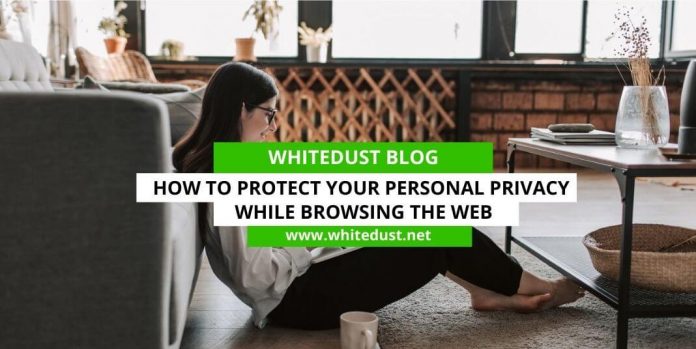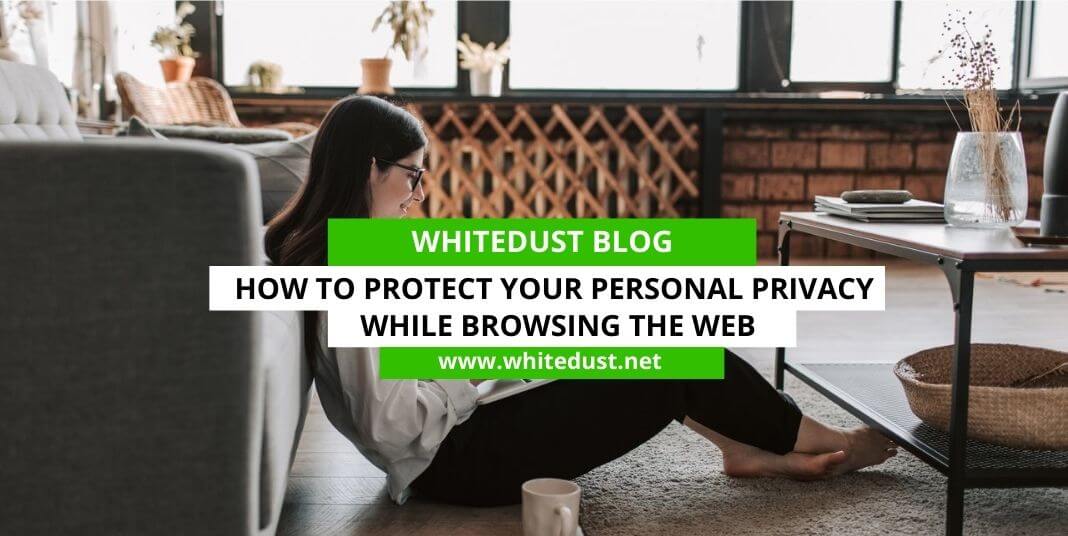The World Wide Web is full of data, both public and private. It is so highly-sought that data could easily be defined as the currency of the Internet. Both legitimate companies and cybercriminals want access to your data. The reasons for access to this information are different.
For example, companies like eCommerce retailers construct persona types or the ideal person that is the most likely to purchase their services and products. These persona types are then used to build marketing campaigns and strategies targeting these persona types. Companies use source data collected from many different places, such as online elements such as web cookies to determine whether a particular Internet user forms part of their personas. If so, they attract the user’s attention through marketing campaigns in the hope that the user will visit their websites and buy their products.
Cybercriminals, on the other hand, break into secure systems to steal customer’s credit card details, personal information like identity numbers, social security numbers, addresses, and telephone numbers. They also scrape private data from sites that are available in the public domain.
The veracity of corporate business accessing your data can be argued for and against. However, giving cybercriminals a chance, no matter how small, to steal your data is not an option.
Therefore, the question that begs is, how do you protect yourself when going online?
The succinct answer to this question is that it is essential to practice online hygiene to protect both your personal and private data.
But, what is online hygiene?
In summary, online hygiene is similar to personal hygiene in that it incorporates cybersecurity best practices to keep your data protected and safe. Similarly, personal hygiene includes methods like showering (or bathing) at least once a day and brushing your teeth at least twice a day.
By way of expanding on this statement, let’s consider five ways to protect your personal privacy while browsing the Internet.
Encrypt your network
When browsing online, you leave digital traces of your activity behind. Websites can use this data to keep track of you and your activities. Ergo, your Internet activity is open for anyone, including malicious entities, to view, track, and possibly steal.
This is an untenable situation that can, and will ultimately, lead to the loss of privacy as well as the loss of actual data such as credit card and bank account details.
Fortunately, it can be remedied by using a VPN to hide your data by encrypting any Internet transactions and hide your browsing activity by redirecting it into an encrypted tunnel.
Delete all third-party web cookies
A web cookie (or HTTP cookie) is a small piece of data stored on the user’s computer by the web browser while browsing a website.
They are a reliable mechanism for websites to remember stateful information.
For example, items added to an eCommerce shopping cart, or to record an Internet user’s website browsing activity. Finally, they are also used to remember pieces of information that the user previously entered into form fields, such as names, addresses, passwords, and payment card numbers.
This definition clearly states that cookies are used to track website activity and to store sensitive and personal information. Therefore, if you allow cookies to track your details, you run the risk of losing your data.
Consequently, it is essential to delete all of the cookies regularly and change your web browser settings not to track data or use cookies.
The caveat here is that not all websites will respond positively to this request. Many websites will still collect your browsing data and use it to improve their security, services, marketing campaigns, and generate reporting statistics.
Add as little information as possible to your social media accounts
If you sign up with any social media platforms, it is essential to note that filling out all the details that they require like where you work, your age, your family, and many other details, opens you up to identity theft. Succinctly stated, the more information you share online, the greater the chance of it being stolen.
Therefore, in a black and white world, it’s probably not a good idea to sign up with any social media platforms. However, this statement is also not practical, especially in the post-COVID-era where many people have to self-isolate because they are at high risk and the only way they have of staying in touch with family and friends is via social media.
Therefore, it is essential to share as little as possible and to make your accounts private. Making your accounts private will allow you to choose who to invite into your virtual social circle.
Generate strong passwords
Even though people know that using the same password for many different websites is a big no-no, they still do so. Not only are these passwords easy to hack because they are related to a facet of the individual’s life, but if a cybercriminal manages to get hold of the password via a phishing attack or other malware-type attack, the consequences could be devastating. The cybercriminals will gain access to the site in question, and they will also have the potential to get into many different online accounts, causing absolute havoc.
Therefore, it is critical to ensure that you use strong and different passwords for each online account. And, if you feel you can’t remember more than one password, then use a password manager to generate strong passwords and to remember all of your passwords. All you then need to do is to remember one password, that of the password manager.
Be careful about sharing your social security number online
It is essential to ensure that you do not share any part of your social security number online. A common misperception is that it is ok to share the last four digits of the number. It isn’t.
Why?
In summary, a cybercriminals can combine your birth date and the last four digits and by using a brute force-type number generator, can figure out what your social security number is. Once they have this number, and other information such as your address, they can open bank accounts and credit cards in your name. Because the cybercriminals have your personal details, you could be held liable for the debt created in your name.
Consequently, it is essential to ensure that you do not give any part of your social security number to anyone online, even if it is your bank.
Final thoughts
As highlighted above in this content, it is essential to implement rigorous virtual hygiene processes. Without paying close attention to protecting your privacy online, you run the risk of having your data stolen and used for nefarious purposes.



